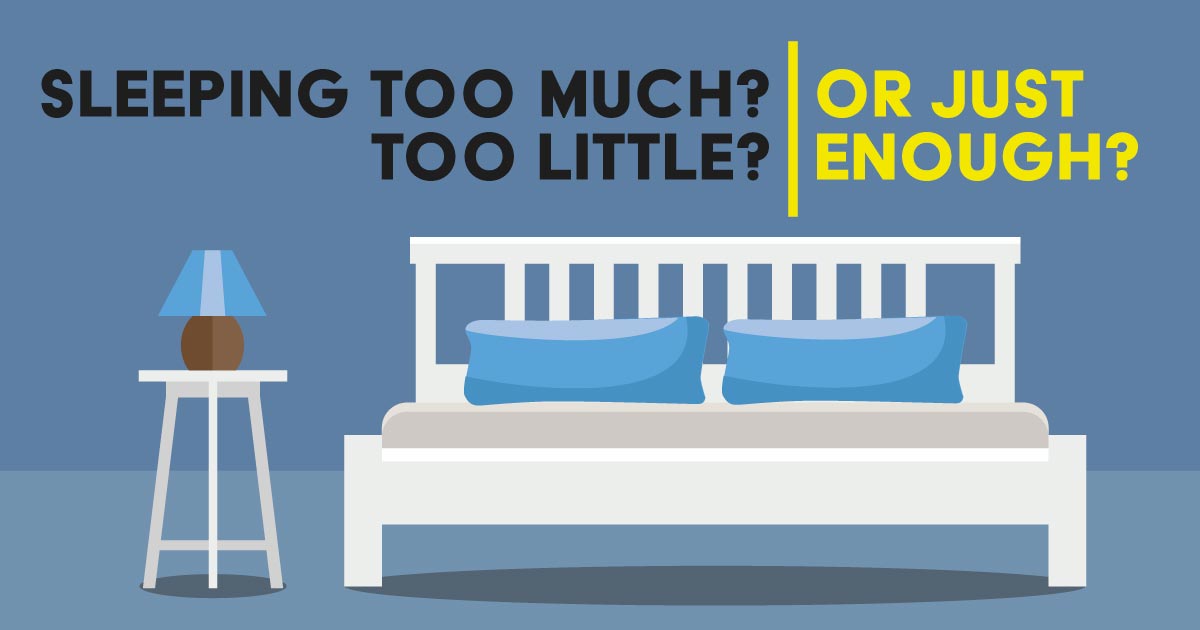 Sept. 25, 2019—Sleeping too much or too little may increase your risk for a heart attack, even if you have healthy habits and no family history of heart disease.
Sept. 25, 2019—Sleeping too much or too little may increase your risk for a heart attack, even if you have healthy habits and no family history of heart disease.
That's the finding of a large study that looked at the sleep habits and medical records of 461,000 people ages 40 to 69 who had never had a heart attack. The study followed the participants for seven years.
During that time, people who slept fewer than six hours a night were 20% more likely to have a heart attack than those who slept six to nine hours a night.
But that didn't mean the more sleep, the better. People who slept more than nine hours a night were also more likely to have a heart attack—34% more likely, in fact.
These trends held true even when researchers accounted for other risk factors, like weight, activity level, smoking, socioeconomic factors and mental health. That suggests sleep time is an independent risk factor for a heart attack.
For people with a genetic tendency to heart disease, there was good news: Getting the right amount of sleep could lower the risk of a heart attack by 18%, researchers found.
What's the connection?
There are several theories as to why sleep might affect heart attack risk. For instance, sleeping too little can damage the lining of the arteries and raise blood pressure. And sleeping too much or too little can increase inflammation in the body, which is a risk factor for heart disease.
According to the American Heart Association, good sleep also has a positive effect on metabolism and mental health, which may help you maintain a healthy weight.
The study was published in the Journal of the American College of Cardiology.
How are you sleeping?
Visit our Sleep health topic center to learn more about catching your ZZZs.